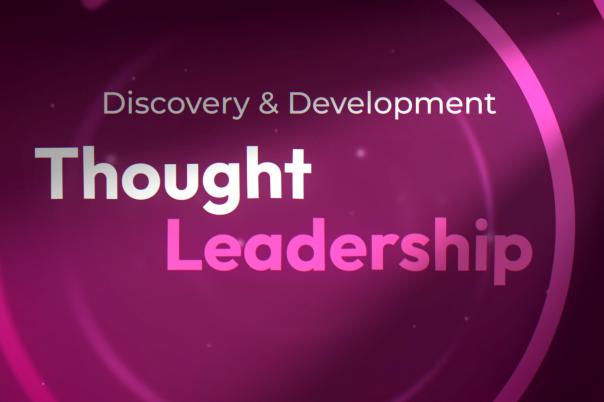For some, artificial intelligence represents huge potential gains in productivity and growth, whereas others may be more sceptical of the technology: prone to inaccuracy or a catalyst for human redundancy. In this presentation, David Drodge explores AI and the future of work: its positives, its drawbacks, and strategies for successful implementation.
‘Keeping a Human in the Loop’
Drodge began by discussing the evolution of AI from narrow to general AI, highlighting how development times had significantly decreased due to innovations like large language models (LLMs) and prompt engineering. This shift allowed for quicker deployment of AI applications, transforming months of work into days or even hours.
He emphasised the importance of human-AI collaboration, particularly in fields such as healthcare and legal professions. He argued that while AI could augment human capabilities, human oversight remained crucial for ensuring accuracy, accountability, and ethical considerations. He provided examples from Novo Nordisk, where AI reduced the time to generate clinical trial reports from 12 weeks to 10 minutes, and from Roche, where AI-assisted patent drafting significantly improved efficiency.
‘A Swiss Army Knife’
Generative AI, built on foundation models, was another key topic. Drodge compared this technology to a Swiss Army knife, capable of handling various data types and performing multiple tasks. He noted that generative AI could transform work processes by reducing the time spent on tasks like writing and editing, thus changing the nature of work.
Drodge introduced the "Three Es of AI Adoption" framework: Explore with experiments, Exploit at scale, and Enlighten your business. This approach aimed to help organisations mitigate risks and maximise the benefits of AI integration. He stressed the need for businesses to start small, leverage existing AI capabilities, and scale successful experiments.
‘A Tale of Two Swedish Firms’
The presentation also included real-world case studies. Drodge cited IKEA's successful use of AI in customer service, which led to the creation of new roles and significant revenue generation. He contrasted this with Klarna's initial failure to replace customer service staff with bots, which ultimately required a reversal of the decision.
In conclusion, Drodge underscored the transformative potential of AI while advocating for a balanced approach that combined technological advancements with human oversight. He encouraged organisations to view AI not just as a tool for efficiency but as a strategic asset for growth and innovation.





